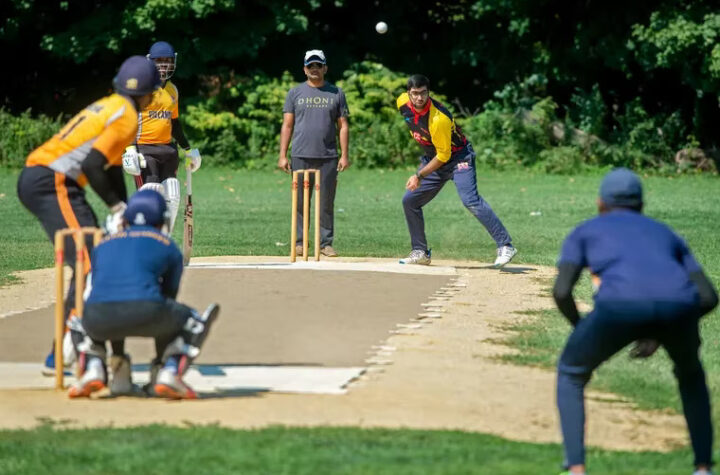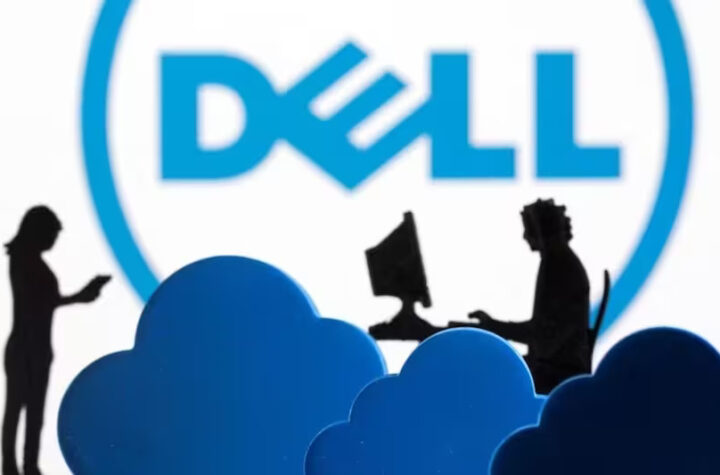Like Artificial intelligence and virtual reality, blockchain technology has become another buzzword in Silicon Valley.
Blockchain is the technology behind Bitcoin and other cryptocurrencies. The technology is now proving useful in other fields including the Internet of Things, supply chains, finance, and entertainment.
Global technology giants such as IBM and Microsoft have already invested heavily in the technology. Similarly, global retailer Walmart has found a potential use-case for the technology and is now using it to track food. Experts have come to say that blockchain will be a key factor in the progress of the internet and businesses.
Thus, knowledge of blockchain will pay incredible dividends for people who are expert in the technology. So it’s not a surprise that software developers are taking blockchain developer certification, workshops, online courses, and webinars to get hands-on knowledge about the technology. If you’re in pursuit of the same, here’s everything you need to know about blockchain development.
What is blockchain?
Blockchain is a digital distributed ledger that stores information related to all sorts of transactions including monetary transactions. Unlike traditional data storage where transaction data is stored at a centralized server cluster, blockchain distributes data across all users on its blockchain network. However, for transactions to register on the network, it must be verified by users on the network. Once a transaction is verified it is recorded on the network and propagated through the network.
Blockchain is a result of advanced cryptography and cybersecurity. The combination of the two technologies makes blockchain reliable and temper-proof for the exchange of sensitive information. Unlike other systems, it doesn’t have a centralized point of access, so it doesn’t have a single point of failure. It is virtually hack-proof.
Smart contracts built on blockchain automate transactions upon successful completion of agreement expand capabilities of the technology. Smart contracts have paved the way for the development of an autonomous organization that can be run via crowd consensus and control.
What skills do you need to become a blockchain developer?
Blockchain developers build applications, referred to as ‘Dapps’. These applications are built on blockchain architecture and protocol. The role of a blockchain developer is similar to a web developer in that blockchain developers create Dapps (or decentralized apps) using architecture and protocol while web developers create web apps on web architecture and protocol.
Blockchain developers are responsible for both front- and back-end development. You can compare them with web developers, who use the products of a web architect (protocol and design) to develop web applications.
In a nutshell, blockchain developers have several responsibilities. Thus, they require several skills. The following are the primary skills required for blockchain developers.
- Cryptography – Cryptography is an essential skill for the development of blockchain applications. The security feature of blockchain is built on the principles of cryptography protocols. Cryptocurrency transactions are enabled by encryption and decryption of public and private keys. Public key cryptography and cryptography hashing are essential skills to master for blockchain development.
- Smart contracts – These are self-executing programmatic digital contracts. These contracts are built using platforms such as Ethereum, Cordova, etc. The use of smart contracts eliminates the middle man and connects one party directly to another party, saving money and resources. Learning about smart contracts is an important part of blockchain developer skills.
- Data structures
Data structures are required at every step of blockchain development. Blockchain is built on data structures right from the network to blocks. Often, blockchain developers need to build customized networks and implement them, which requires extensive knowledge of data structures.
- Blockchain architecture
There are primarily three blockchain architectures you need to know about –
– Consortium architecture – This architecture allows multiple organizations to hold authority. Therefore, this isn’t truly decentralized architecture.
– Private architecture – This architecture has a few parties as part of the system and is popular within organizations. It is not decentralized.
– Public architecture – This architecture is fully decentralized and people can become a part of the network by mining or making transactions. Bitcoin is a primary example of this architecture.
- Web development
Decentralized applications (Dapps ) are web apps , which are used by common people. This requires blockchain developers to be well-acquainted with web development concepts.
- Programming languages
Python, Java, and C++ are primary languages that Blockchain developers should know. These languages are the foundation of blockchain development.
How to learn blockchain development?
There are multiple ways to learn blockchain development. For instance, you can go for blockchain development certification from global recognized bodies, which will help you learn and validate your skills as a blockchain developer. Alternately, you can go for short-term online courses or workshops.
The latter is a good option for developers who are good at self-learning and have enough time to research and curate skills to master. The former is a better option for developers who are short on time and need a well-framed approach to become an expert, while becoming globally certified.





More Stories
Choosing the Right Visa Consultant: Insider Tips for Karnal Residents
Navigating Philadelphia’s Active Sports Culture
Tightening Financial Conditions And Rising Interest Rates Force Dell To Lay Off 6,600 Workers: Renault Sa And Nissan Motor Company Announce Restructuring Of Alliance